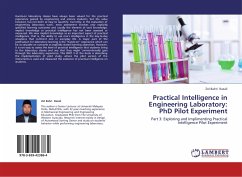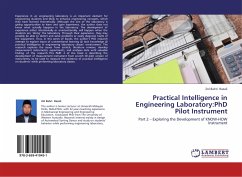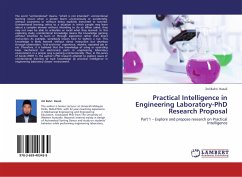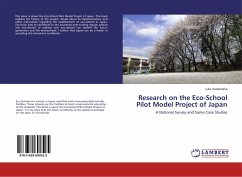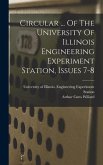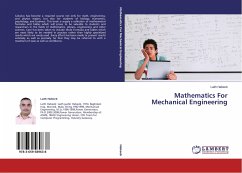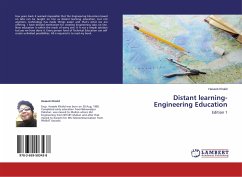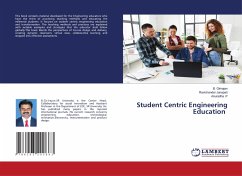Hands-on laboratory classes have always been valued for the practical experience gained by engineering and science students, but the value however, has not been so easy to quantify. Currently, in the evaluation of engineering laboratory work, most assessment involves only explicitly specified learning outcomes and usually the element of tacit knowledge, implicit knowledge or practical intelligence has not been assessed or measured. We view implicit knowledge as an important aspect of practical intelligence, that is, the ability to use one's intelligence in the day-to-day situations that confront one in everyday life. A major part of the justification for laboratory learning is the "hands-on" experience which can be as valuable an outcome as explicitly stated learning objectives. However, it is not easy to assess the level of practical intelligence that students bring to the laboratory classes and any that they might 'unintentionally' gain through the laboratory experience. This PART 3 of the book is describing the implementation of pilot study, where the pilot version of the instruments is used and measured the existence of practical intelligence on students.
Bitte wählen Sie Ihr Anliegen aus.
Rechnungen
Retourenschein anfordern
Bestellstatus
Storno

